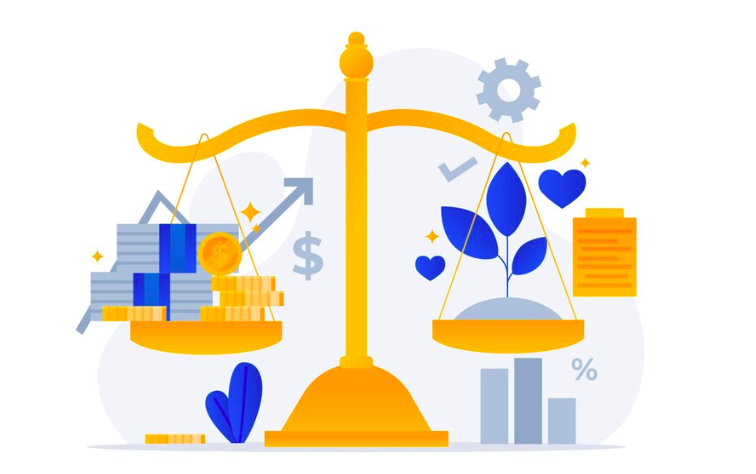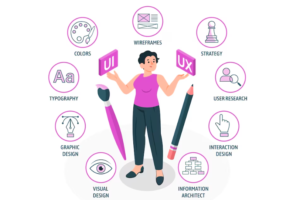Introduction
User Experience (UX) design has played a pivotal role in shaping digital products and services, placing the user at the center of design decisions. However, with emerging technologies and changing user behaviors, there are questions about the future of UX. Will it become irrelevant or even die out in the long run? This article explores the evolving landscape of UX and argues that, rather than disappearing, UX is poised to adapt, expand, and remain a vital component of design and innovation.
UX in a Multichannel World

As technology continues to advance, the digital landscape is expanding beyond traditional interfaces such as screens and keyboards. The rise of voice assistants, augmented reality, virtual reality, and wearable devices presents new opportunities and challenges for UX designers. Rather than dying out, UX will need to evolve and encompass a broader range of touchpoints, ensuring seamless and intuitive experiences across multiple channels. Designers will need to understand how to create meaningful interactions and maintain consistent experiences in this diverse and interconnected environment.
The Human Element and Emotional Design

While technology continues to advance, the human element remains at the core of UX design. Understanding human emotions, motivations, and behaviors is essential to creating engaging and delightful experiences. As UX evolves, the focus will shift toward emotional design, encompassing aspects such as empathy, personalization, and creating experiences that resonate on an emotional level. The ability to evoke emotions and forge meaningful connections between users and digital products or services will become even more crucial in the future.
Ethical and inclusive Design

In an increasingly interconnected world, ethical and inclusive design practices will take center stage. Designers will need to consider the societal impact of their work, ensuring that digital experiences are accessible to all, respect user privacy, and avoid reinforcing biases or discrimination. UX will play a critical role in shaping products and services that are not only user-friendly but also ethically sound and socially responsible. This shift toward conscious design will ensure that UX remains relevant and aligned with evolving societal expectations.
Collaboration with Emerging Technologies

Emerging technologies, such as artificial intelligence (AI) and machine learning (ML), will profoundly impact the future of UX. Rather than rendering UX obsolete, these technologies will enhance its capabilities. UX designers will collaborate with AI systems to create more personalized experiences, anticipate user needs, and deliver tailored content. Additionally, ML algorithms can analyze user behavior patterns and provide valuable insights to inform the design process, leading to more data-driven and effective UX decisions.
Continuous learning and Adaptation

The digital landscape is dynamic and ever-evolving, necessitating a mindset of continuous learning and adaptation. UX professionals will need to stay abreast of technological advancements, user trends, and industry developments. This ongoing learning process will enable UX designers to adapt their skills, methodologies, and approaches to meet the changing needs and expectations of users. Rather than dying out, UX will evolve and transform to remain relevant in a rapidly evolving digital world.
Conclusion
Contrary to the notion that UX might die out in the long run, it is poised to evolve, expand, and continue playing a crucial role in design and innovation. UX designers will embrace new technologies, adapt to emerging trends, and prioritize ethical and inclusive design practices. By understanding user emotions, embracing a multichannel approach, and collaborating with AI systems, UX will thrive and enhance the overall user experience. As long as technology and user behaviors continue to evolve, UX will remain an essential discipline in creating meaningful, engaging, and human-centric digital experiences.





